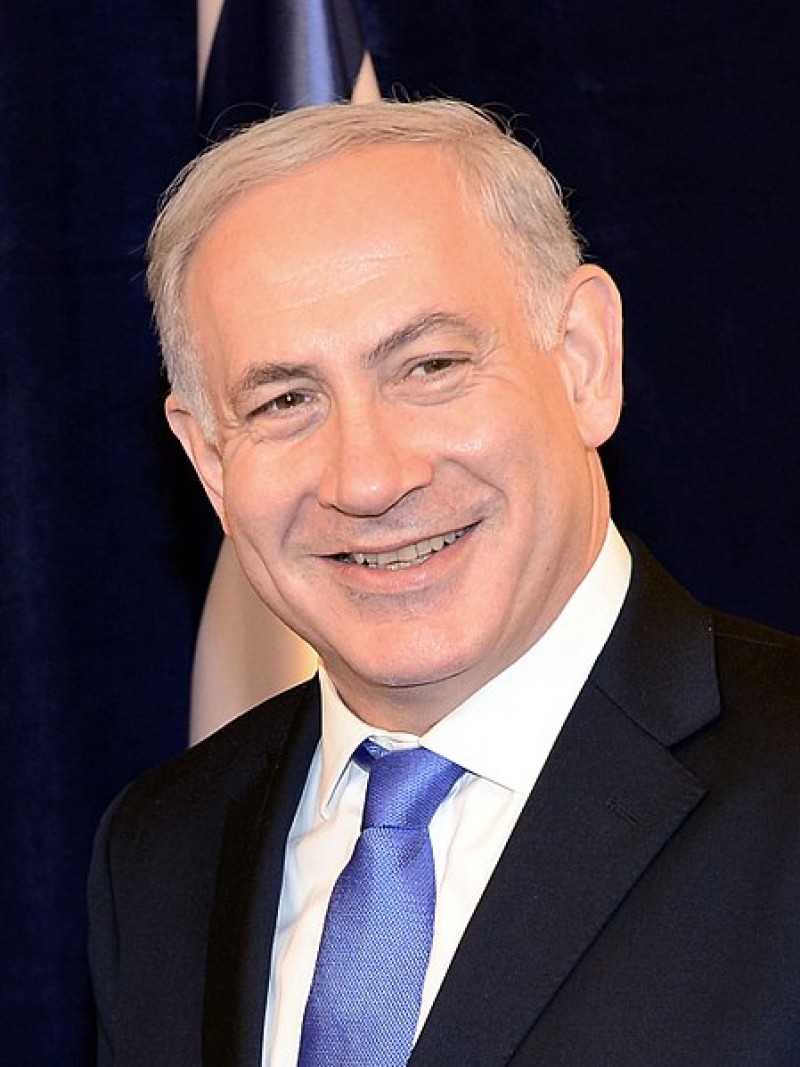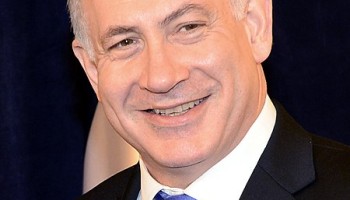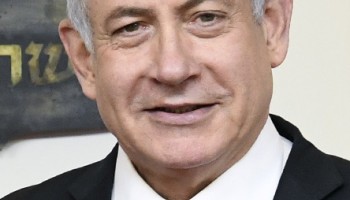Lawyer Ram Caspi told the gathered media his client wouldn’t look to negotiate a deal, claiming there were “solid grounds” for the court to reconsider the raft of charges, the BBC reported.
The allegations date back to 2018, when police recommended bribery charges against Israel’s longest-serving prime minister.
The country's attorney general claims Netanyahu accepted gifts from wealthy businessmen and awarded political favours in an effort to boost a positive portrayal in the media.
The first two days will be devoted to “Case 4000,” where Netanyahu is alleged to have pushed for regulatory decisions to benefit businessman and media mogul Shaul Elovitch, the controlling shareholder in telecom giant Bezeq, in exchange for positive coverage from one of his news websites.
The remaining two days will focus on “Case 1000” - where he is alleged to have accepted thousands of dollars from a Hollywood producer and Australian casino mogul in exchange for political favours.
“Case 2000” claims Netanyahu worked with Yedioth Ahronoth newspaper publisher Arnon Mozes to weaken a rival company in return for more favourable coverage.
Netanyahu has denied all the allegations, calling them the work of a witch hunt by political enemies, as well as opponents in the media and police.
The hearings come as the embattled leader faces a fight to continue leading the Middle Eastern country, after failing to win a majority in September’s general election.
As the hearings get underway, Netanyahu remained away from court, working to come to an agreement with political opponents on a power-sharing deal.






